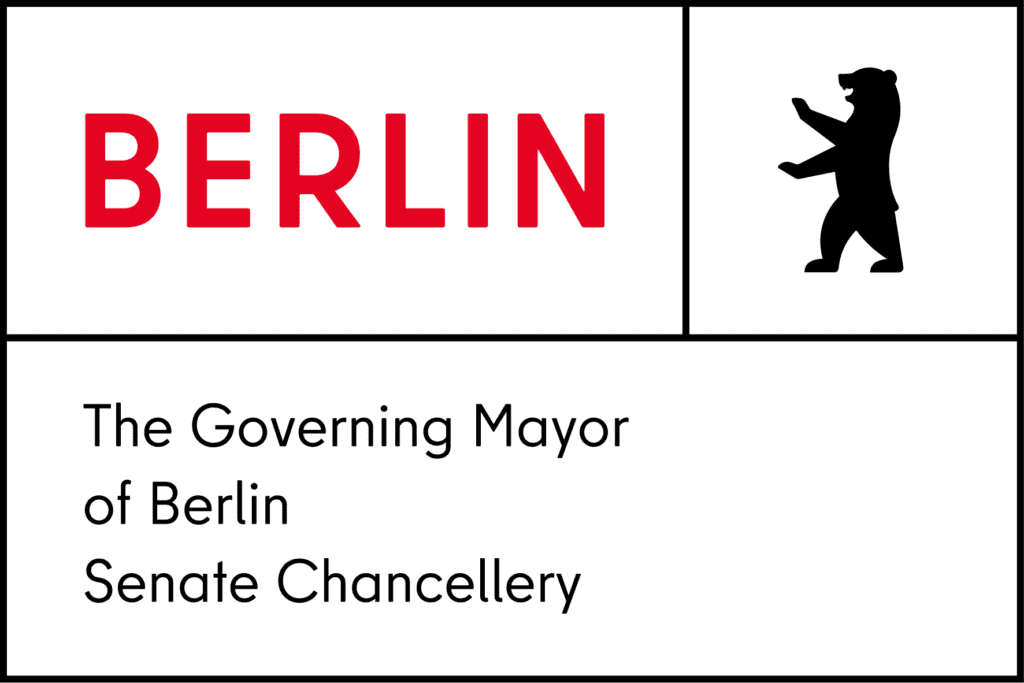What if urban development directly included the roadmap for a human-centred, sustainable and digital future? This question was also at the centre of the delegation trip to which CityLAB Berlin was invited. What began as a visit to an exhibition in Berlin last year has developed into a lively collaboration with a strong impact.
This article documents our impressions on-site from the joint delegation trip with the Build4People research project and draws thematic lines to related experiences in Paris, Jakarta, Bangkok and Copenhagen and our projects, which are now providing global impetus for sustainable urbanization.
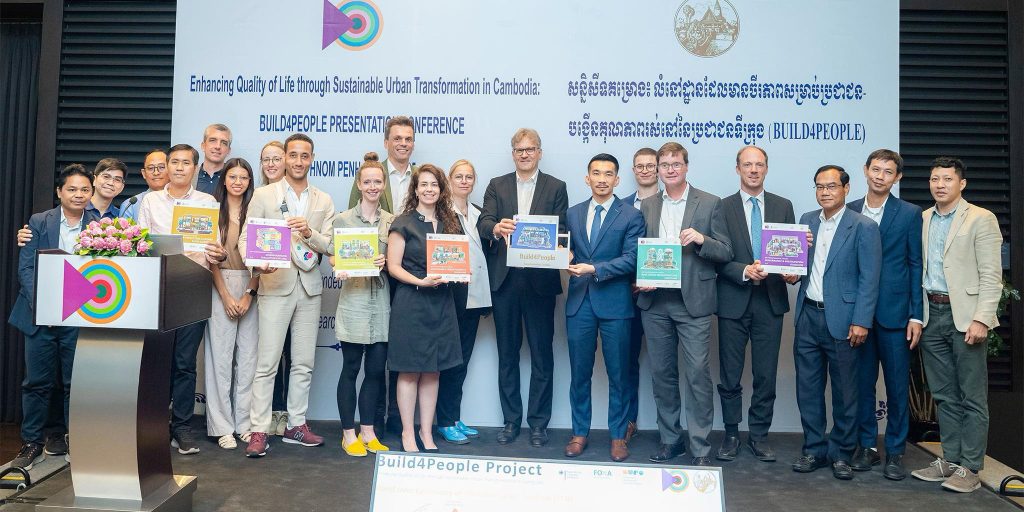
Shaping growth: Phnom Penh in Transition
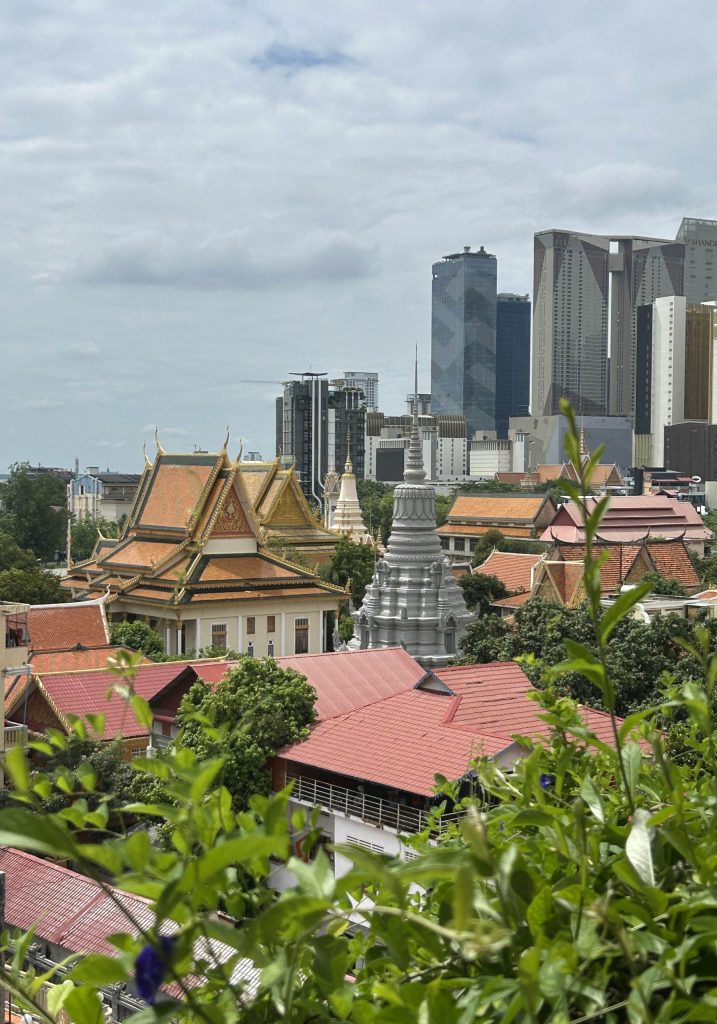
Phnom Penh, the capital of Cambodia, is one of the fastest growing cities in Asia. This transformation brings both opportunities and challenges: traffic congestion, infrastructure, housing, digitalization. This is precisely where the Build4People project comes in, initiated by the University of Hamburg and funded by the Federal Ministry of Research, Technology and Space, which translates scientific findings into concrete planning. Six years of joint scientific work have produced valuable findings that open up a wide range of possibilities for sustainable urban development. A Smart City Innovation Hub that is currently being set up is part of this. The aim of this so-called ‘twin transition’ is to create new strategies and tools for more liveable cities in Cambodia together with local and international partners promoting sustainability and digitalisation as mutually reinforcing goals.
In collaboration with city administrations, academia, and civil society, participatory processes are being used to develop both analog and digital tools, referred to as the Transformation Toolbox,
that support better decision-making, public engagement, and data use in urban planning. As new project partners, we intend, together with the Laboratory of Knowledge Architecture at TU Dresden, to contribute additional perspectives during the implementation phase, such as creative uses of technology, urban resilience, and new formats of citizen participation.
Shared Challenges, Collective Learning: From Ho Chi Minh City to Jakarta
A highlight of the journey: In addition to project visits, discussions with academic and governmental partners, and workshops with the Royal University of Phnom Penh, the delegation made a brief stop in Ho Chi Minh City, Vietnam’s largest metropolis, where they engaged in in-depth exchanges with urban planners. The recently developed master plan (2040–2060) was particularly impressive for its integration of green infrastructure, digital transformation, and public transportation as the backbone of urban life. Especially noteworthy was the clear commitment to blending modern technology with local identity—an approach that is gaining increasing relevance in Phnom Penh as well.
Similar patterns and shared aspirations emerged in Bangkok and Jakarta, where cities in the Global South are confronting comparable challenges while crafting their own context-specific solutions. In both metropolises, it became clear how digital tools can play a pivotal role in improving informal settlements and enabling participatory governance; so long as these tools are context-sensitive, accessible, and deeply anchored in the local environment.
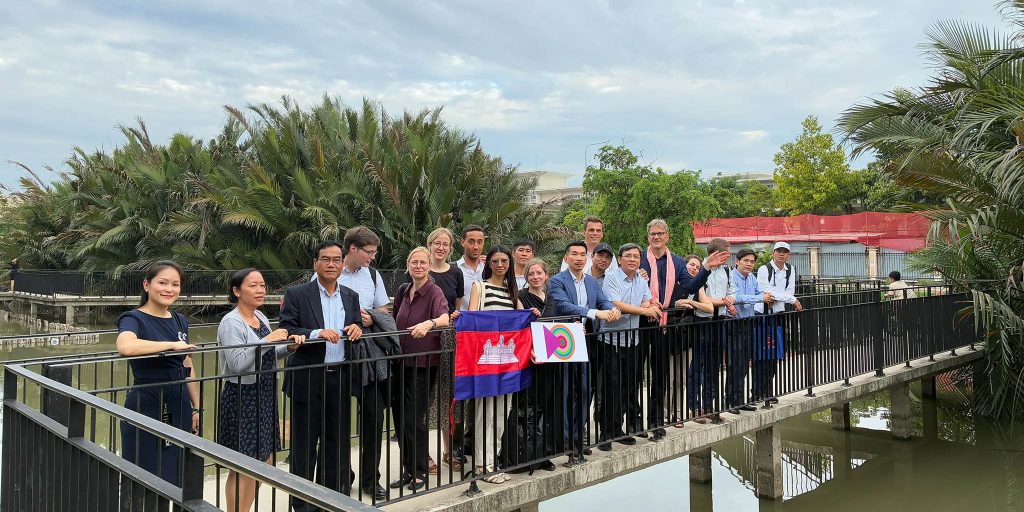
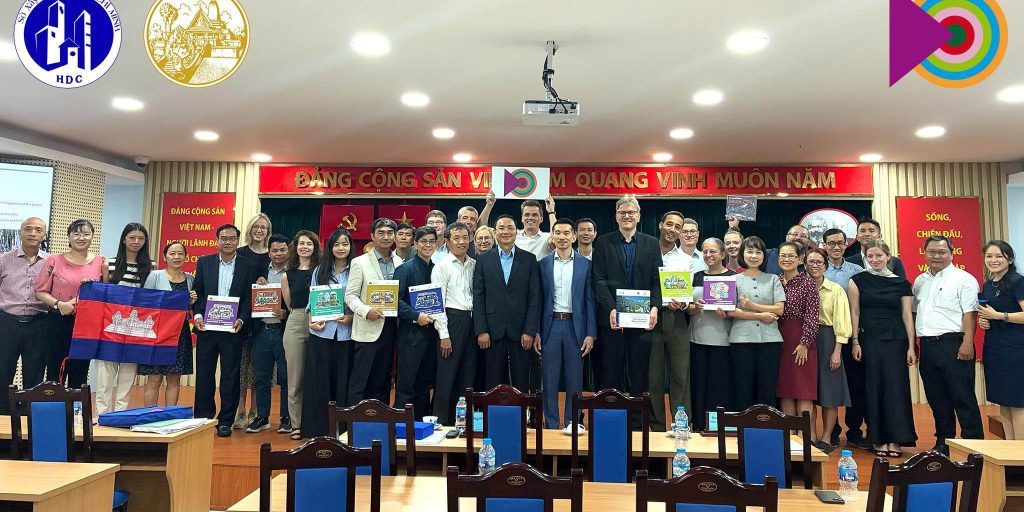
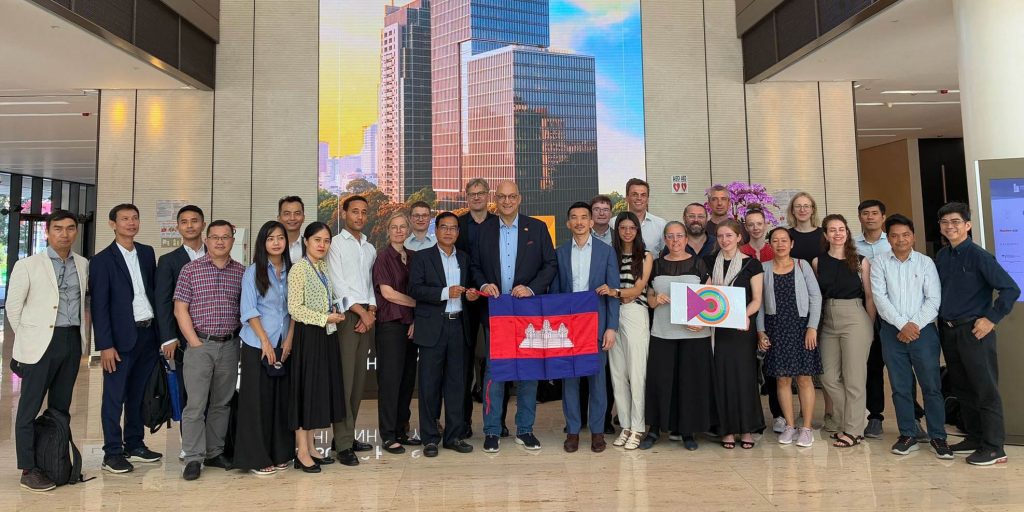
Sharing Knowledge and Shaping Change: Urban Development as a Learning Process
Whether at the visit to the Impact Hub Phnom Penh or during the final conference high above the city in the Vattanac Capital Tower, the most modern and only sustainably certified high-rise in Cambodia, it became clear everywhere that urban development today is more than just technical planning. It is teamwork, a matter of attitude, and a long-term learning process. International collaborations like Build4People bring in new perspectives and tools that are further developed and locally embedded, supported by a young, committed urban scene shaped by coworking, graffiti, and participatory practice.
Time and again, the desire was expressed for a space where experiences, methods, and insights could be preserved, both physically and digitally. This is where formats like the CityLAB Berlin’s knowledge repository (Wissensspeicher) and CityLAB exhibition come in: open resources that document real-lab formats, tools, and reflections. Together with the local Hub team, the idea emerged to develop an adaptable version of this: a Smart City Hub as a local innovation space where knowledge is consolidated, made visible, and collective learning is fostered; similar to our Stadtlabor2Go project. Experiences from the LabCamp show that this approach works and that digital tools don’t have to be perfect; they need to empower.
Our recent delegation trips have also made clear how much is already possible: In Paris, we saw how closely digitalization, public participation, and urban design can be interwoven. For example, in the design of public spaces where design, data, and engagement go hand in hand. Phnom Penh is embracing this perspective as well, particularly through the creative involvement of students. Copenhagen, on the other hand, stands out for its institutionalized innovation policies and well-established urban data platforms. Phnom Penh is still at the beginning of this journey, but precisely this openness creates room for experimentation, new narratives, and processes, ones that could also inspire cities in Europe.
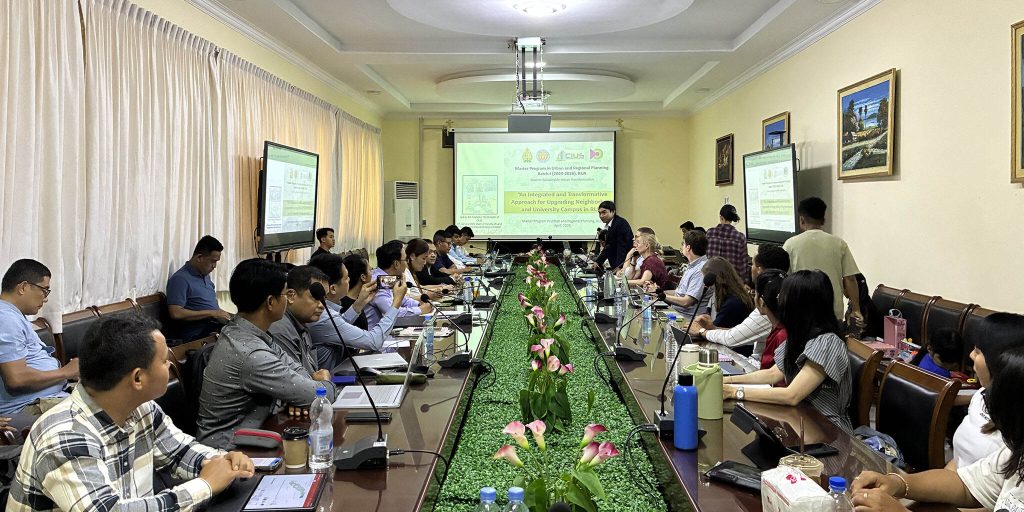
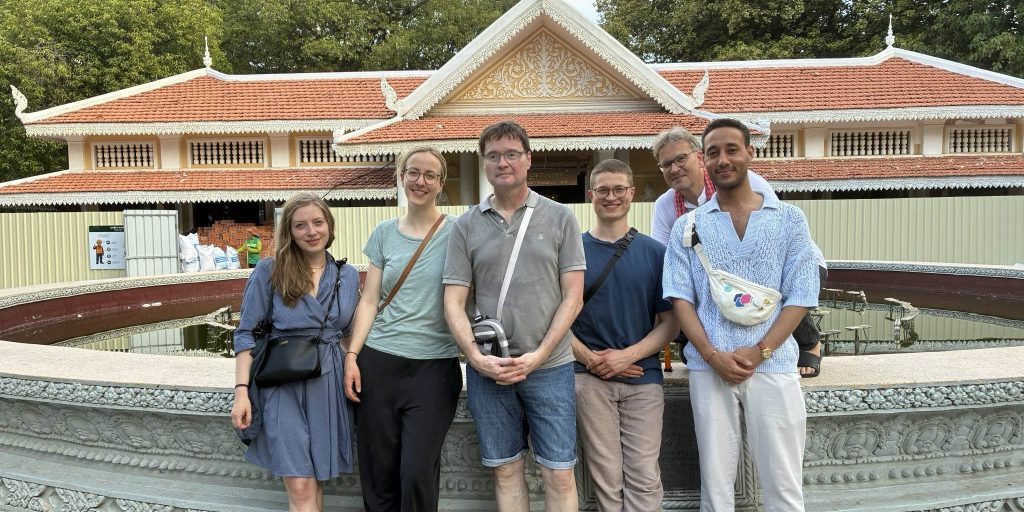

Conclusion: Shaping Urban Futures Together
What began as a one-off exchange has evolved into an international learning field for urban development, driven by cooperation, openness and the courage to try new approaches. Phnom Penh stands as a representative example of many cities in the Global South, where urban transformation is happening at a rapid pace and with strong ambition. These contexts clearly show the importance of partnerships based on mutual respect, shared learning, and support for locally rooted solutions.
The emerging Smart City Innovation Hub holds the potential to become a place for knowledge transfer and reflection on the urban future. This future cannot be shaped in isolation, it requires negotiation processes that take contexts seriously, embrace diversity, and enable new approaches. This journey marked a beginning and at the same time an open invitation to keep thinking forward together.
Despite all the differences, many of the the challenges are similar and it is well worth learning from one another. Regional and international exchange opens up new perspectives and underlines the importance of building long-term structures that can turn isolated projects into lasting pathways for transformation.
